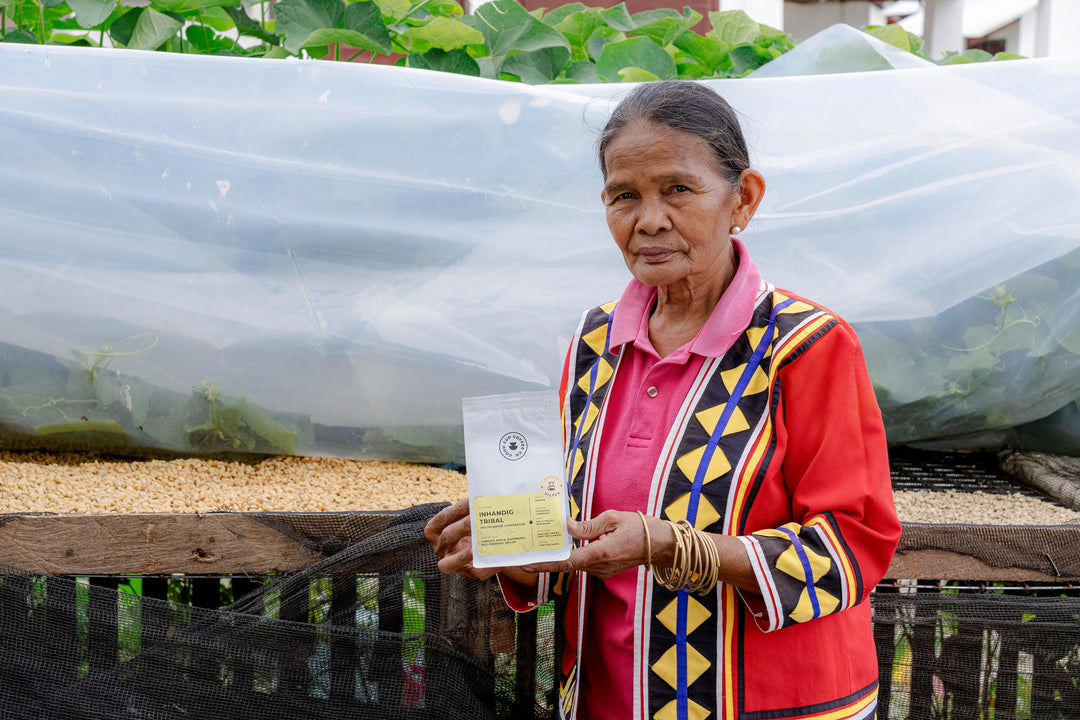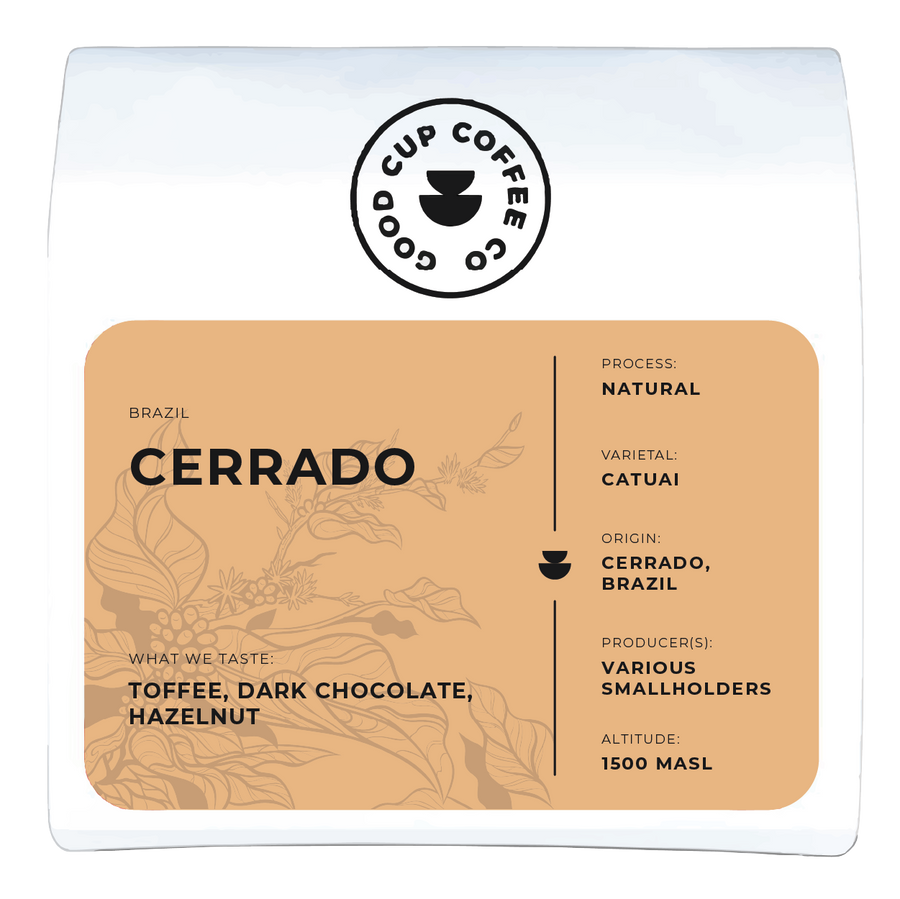Going Further Than Fruit-Forward: An Elevated Ethiopian Coffee Experience

Ask any coffee geek to list their favorite beans and without a doubt, an Ethiopian coffee will always find its way through the roster. Being the fifth largest coffee producer worldwide, Ethiopia has always been a prominent name in the industry through the years. After all, the very first coffee was supposedly discovered in 850 AD Ethiopia when a herder named Kaldi observed that his goats get more energetic than usual every time they eat berries from a shrub that would later be known as a coffee tree. Despite the uncertainty about the origins of coffee, one thing remains absolute: Ethiopia ALWAYS produces damn good coffee. Farmers know the value of their coffee on the international market and are very meticulous to uphold this premium standard. While the natural way of processing cherries remains to be widely practiced on most farms, innovative methods have been slowly kicked off to produce Ethiopian coffee like never before.
HAMBELLA’S WATE INNOVATION COFFEE

Courtesy of Justin Chen
When Erik Liao of Tri-up Coffee told us about his ongoing collaboration with Ethiopian coffee producers, we knew that another exceptional lot was on its way to the Good Cup Coffee Co’s shelves.
Erik has been closely working with the farmers at Hambella station for a few years now. He has introduced experimental ways of processing Ethiopian coffee with them and has further helped the farm by educating them on fertilization and maintaining the cherries’ quality.
While Tri-up Coffee designed the process for this lot, the coffee cherries were sourced from various farmers all over Hambella. Before devising a process, Erik first studied how Ethiopian coffee worked in general. Starting with understanding the varietals present, and then further into the local microbes, and the climate. “We understood what to do with fermentation and communicated with local workers on fermentation to make sure everything was on point.”, Erik shares when asked about the innovation process.
INNOVATION A & B PROCESS

Erik and the farmers used a Brix reading to determine which cherries were qualified for this process. The cherries were then washed, where floaters and microbes were removed from the lot as the presence of these elements would affect the fermentation of the coffee. These cherries were then sealed in an anaerobic tank to allow fermentation for two weeks. The team worked with two lots that they call Innovation A & Innovation B. While both lots were sealed in cool environments, Innovation B was transferred to a hotter surrounding for 4 days before drying out on raised beds with Innovation A.

“The innovation series are designed based on the local varietals rather than just doing fermentation.” Albeit processing the cherries with a completely new method, Erik understood the existing unique flavor profile in Ethiopian coffee that is internationally sought after. The Wate Innovation is a marriage of complex and vibrant elements that their coffee generally yields. The fermentation process never changed the intrinsic qualities of the coffee, but rather elevated the existing flavors to be smoother, stronger, and balanced.
ETHICAL FARMING AND SUSTAINABILITY
Like any other remarkable coffee we’ve had, the Wate Innovation Process surely did not come easy to produce. Erik says that the current challenge Ethiopian coffee producers face is the climate. During the past season’s harvest, there was no rain and water to transport nutrition into the cherries during its maturing stage. Since every harvest is different, farmers need to constantly check the crops and do everything they can to ensure quality—even if that means having to change the process every time.

Courtesy of Royal Botanic Gardens (Kew)
When asked about the most rewarding part about making this coffee come to fruition, Erik answers that the learning process is what makes it worthwhile. The producers took into consideration the inherent taste of Ethiopian varietals, and then further developed it into something more elevated without robbing the coffee of its innate flavors.

Two years into the collaboration with the Hambella farmers, the (literal) fruits of their labor have been reaped. Tri-up Coffee has worked with trusted roasters that would give justice to the coffee’s rigorous process and ensure that the world gets to experience this groundbreaking Ethiopian coffee. Giving value back to the farmers has always been at the forefront of any ethical coffee roaster’s mission, and we can’t wait for you to get a taste of this insanely delightful brew.

Enjoy Ethiopian coffee like never before with the Wate Innovation Process collection. Cop a box by clicking here and let’s get brewing!


Leave a comment